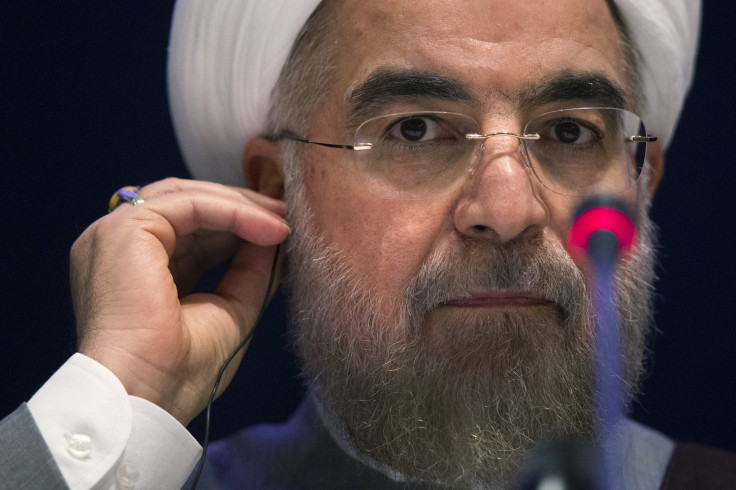Iran’s Support Can Eliminate ISIS From Middle East: Iraq

Iran said that it would continue to support Iraq’s battle against Islamic extremism. Iranian President Hasan Rouhani said that Iraq’s security was closely linked to Iran’s.
Rouhani met Wednesday with Iraqi Prime Minister Haider al-Abadi in Tehran, the Iranian capital. While he extended support for Iraq’s cause, he clarified that it was Iraq and its army that would have to win the battle against terrorism in that country.
Abadi was highly appreciative of Iran’s support in its battle against terrorism. He said that Iran’s support would eventually help eliminate Islamic State group forces from Iraq and other countries in the Middle East. He added that there should be an expansion of business relations between Iraq and Iran.
“The main responsibility for combating terrorism and finally defeating it falls undoubtedly on the shoulders of the Iraqi nation and army,” Iran's Press TV quoted Rouhani as saying. “Nevertheless, the people and government of Iran have been and will continue to be beside the government and nation of Iraq.” The Iranian president emphasized that peace, security and stability in the region would ensure development and progress there.
The Iranian president said that some countries were trying to spread hostility among Iraq's people in order for those countries to promote their own interests. Rouhani said that Iraq should stay together and act against those who would like to weaken its national integrity.
The Iraqi prime minister also met with Iran’s First Vice President Es’haq Jahangiri on Wednesday. Abadi suggested to Jahangiri that Iran and Iraq should form a “united front" to battle terrorism. Jahangiri echoed Rouhani’s support for Iraq and said that his country would extend support for development and stability in Iraq.
While Iran’s nuclear negotiations with six world powers are approaching a June 30 deadline for a deal, Israel has been skeptical about Iran’s intentions. Energy Minister Yuval Steinitz earlier told Reuters that Israel was “very worried” that there was “crumbling” during the negotiation process. He indicated that the United States should be more vigilant about inspecting Iran’s nuclear sites.
Even though Israel has been campaigning against Iran, it has not found any support from the Arab nations that have a Sunni majority. One of the most important nations in the region, Saudi Arabia, does not recognize Israel as a nation and refuses to support its causes.
© Copyright IBTimes 2024. All rights reserved.





















